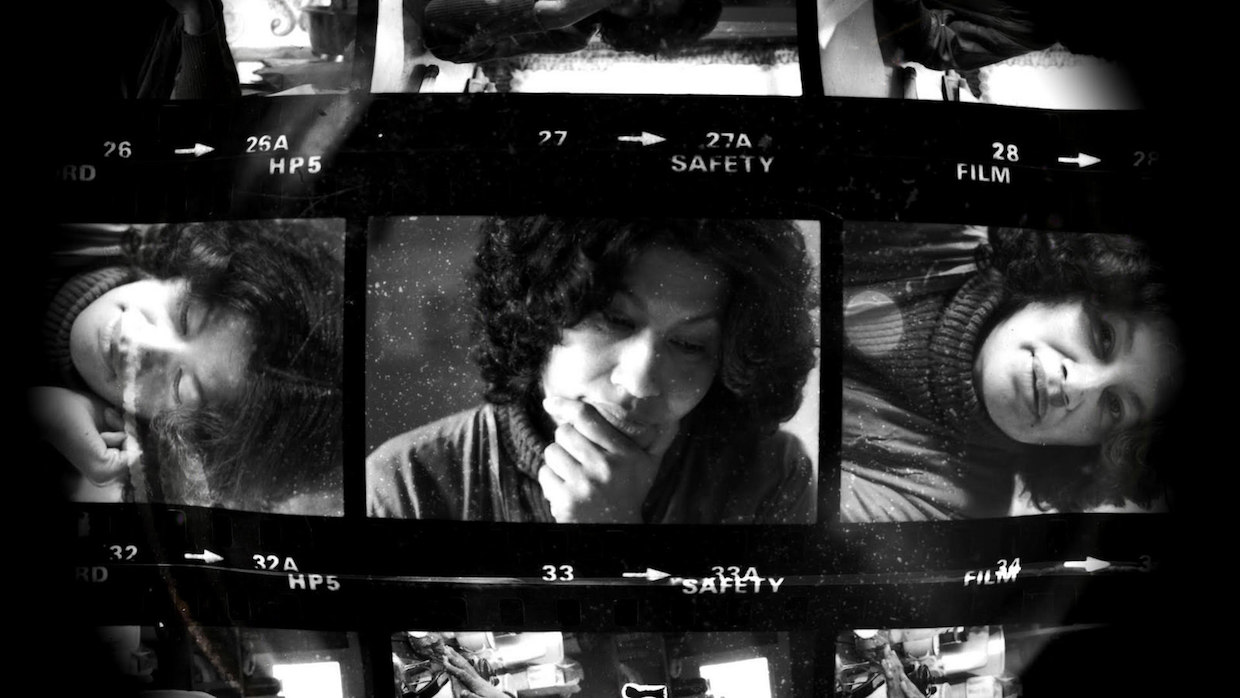 Back to selection
Back to selection
“I Had to Grow Up”: Director Hepi Mita | MERATA: How Mum Decolonized the Screen
 MERATA: How Mum Decolonised The Screen
MERATA: How Mum Decolonised The Screen Whenever directors watch their own films, they always do so with the knowledge that there are moments that occurred during their production — whether that’s in the financing and development or shooting or post — that required incredible ingenuity, skill, planning or just plain luck, but whose difficulty is invisible to most spectators. These are the moments directors are often the most proud of, and that pride comes with the knowledge that no one on the outside could ever properly appreciate what went into them.
So, we ask: “What hidden part of your film are you most privately proud of and why?”
“I’ve never told anyone about that,” my brother Bob said, after I turned off the microphone following our very first recorded conversation. I had always been the baby of my family, sheltered from the history of when our mum struggled with poverty as a solo mother, raising five kids—my four older brothers and sister—while launching her career as an activist filmmaker. There is a 12-year age gap between Bob and I, and he is the closest in age of all my immediate family. I had spent all my life looking up to my siblings as authority figures; they had all disciplined me in the past and in some ways I never lost the nervous respect I had for them. And here I was, the baby, asking them to share with the world their repressed memories of trauma, prejudice, abuse and police brutality directed at them and our mother because of her work.
In some ways, my naivety had its strengths. It showed that I loved them, and I was not out to exploit their vulnerabilities. At the same time I was pushing them for honesty and taking them to some painful emotional places. To share in those breakthroughs is something I will always treasure, and this process in many ways has helped to bring us closer together. The biggest challenge I had to overcome was actually building up the courage to have these conversations. First, I had to grow up.
